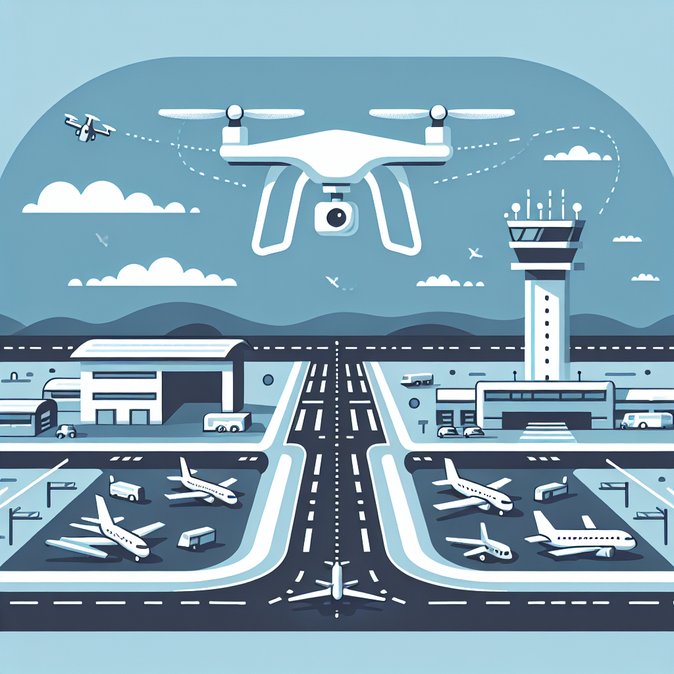
Air-traffic controllers at Brussels Airport halted all aircraft movements between 22:45 and 23:20 on 13 November after radar detected an unidentified drone in the final-approach path. Two inbound flights—IB 3212 from Madrid and AZ 1501 from Milan—were diverted to Liège, refuelled and later returned once the airspace was declared clear. No departures were scheduled during the curfew period, limiting passenger disruption, but several overnight crew rotations and aircraft-positioning plans had to be rewritten.
The incident is the fourth confirmed drone incursion at Belgian critical-infrastructure sites in two weeks, joining reports over Kleine-Brogel air base, the Doel nuclear plant and Liège Airport. Belgium’s National Security Council has authorised police and defence units to neutralise rogue drones and is fast-tracking a National Airspace Security Centre slated to open on 1 January 2026.
![Drone Intrusion Forces 35-Minute Shutdown at Brussels Airport]()
For global mobility teams, the event underscores a growing operational risk: inexpensive consumer drones can force airports to close with little warning. Brussels handles more than 750 corporate travel movements daily, including diplomats, EU officials and multinational executives. Companies are being advised to subscribe to NOTAM alerts from Skeyes (Belgian ATC) and build buffer time into itineraries.
Insurance providers are reassessing hull-and-liability coverage for flights into drone-affected airports, while airlines are lobbying the government to accelerate deployment of counter-UAS technology such as RF jamming, drone-hunting UAVs and geofencing mandates for consumer devices.
Until such defences are fully operational, mobility managers should keep alternative routings via Amsterdam, Paris-CDG and Frankfurt in reserve and remind travellers to enable airline push notifications for real-time updates.
The incident is the fourth confirmed drone incursion at Belgian critical-infrastructure sites in two weeks, joining reports over Kleine-Brogel air base, the Doel nuclear plant and Liège Airport. Belgium’s National Security Council has authorised police and defence units to neutralise rogue drones and is fast-tracking a National Airspace Security Centre slated to open on 1 January 2026.

For global mobility teams, the event underscores a growing operational risk: inexpensive consumer drones can force airports to close with little warning. Brussels handles more than 750 corporate travel movements daily, including diplomats, EU officials and multinational executives. Companies are being advised to subscribe to NOTAM alerts from Skeyes (Belgian ATC) and build buffer time into itineraries.
Insurance providers are reassessing hull-and-liability coverage for flights into drone-affected airports, while airlines are lobbying the government to accelerate deployment of counter-UAS technology such as RF jamming, drone-hunting UAVs and geofencing mandates for consumer devices.
Until such defences are fully operational, mobility managers should keep alternative routings via Amsterdam, Paris-CDG and Frankfurt in reserve and remind travellers to enable airline push notifications for real-time updates.








